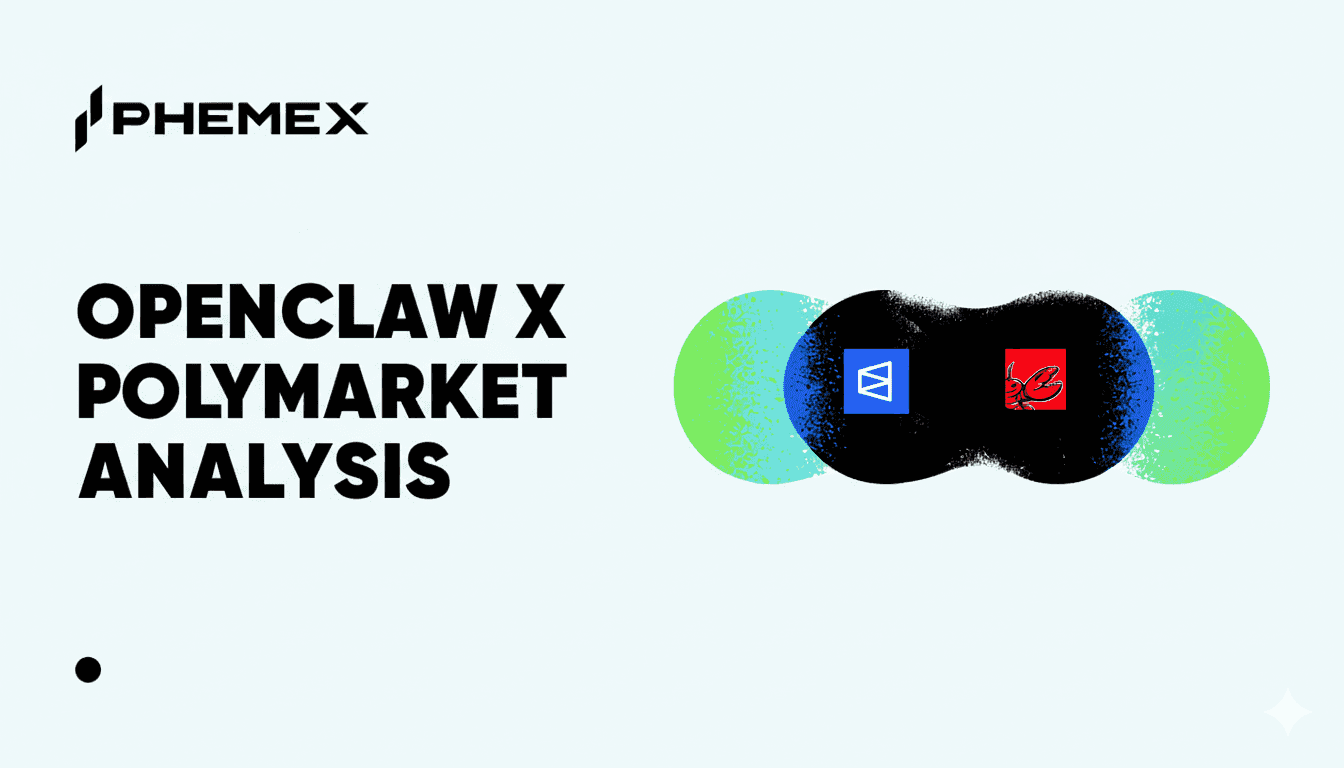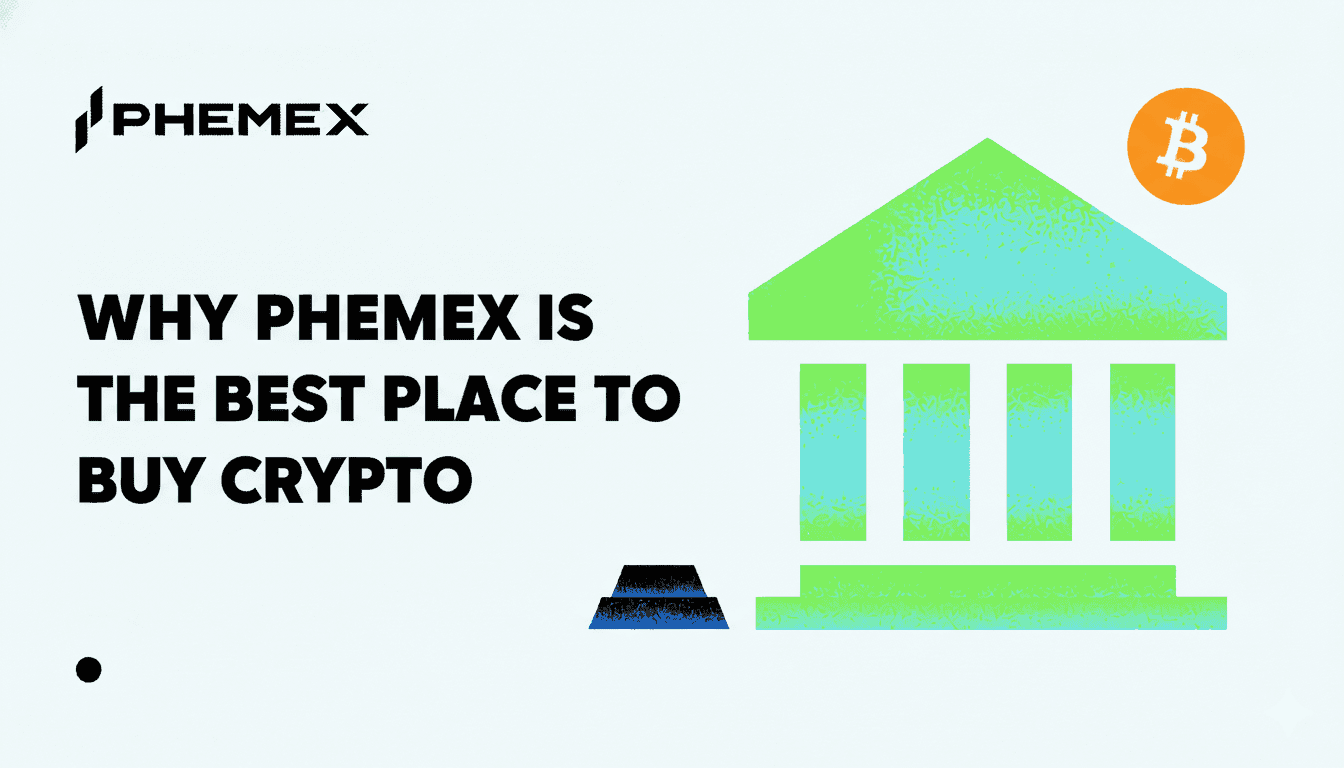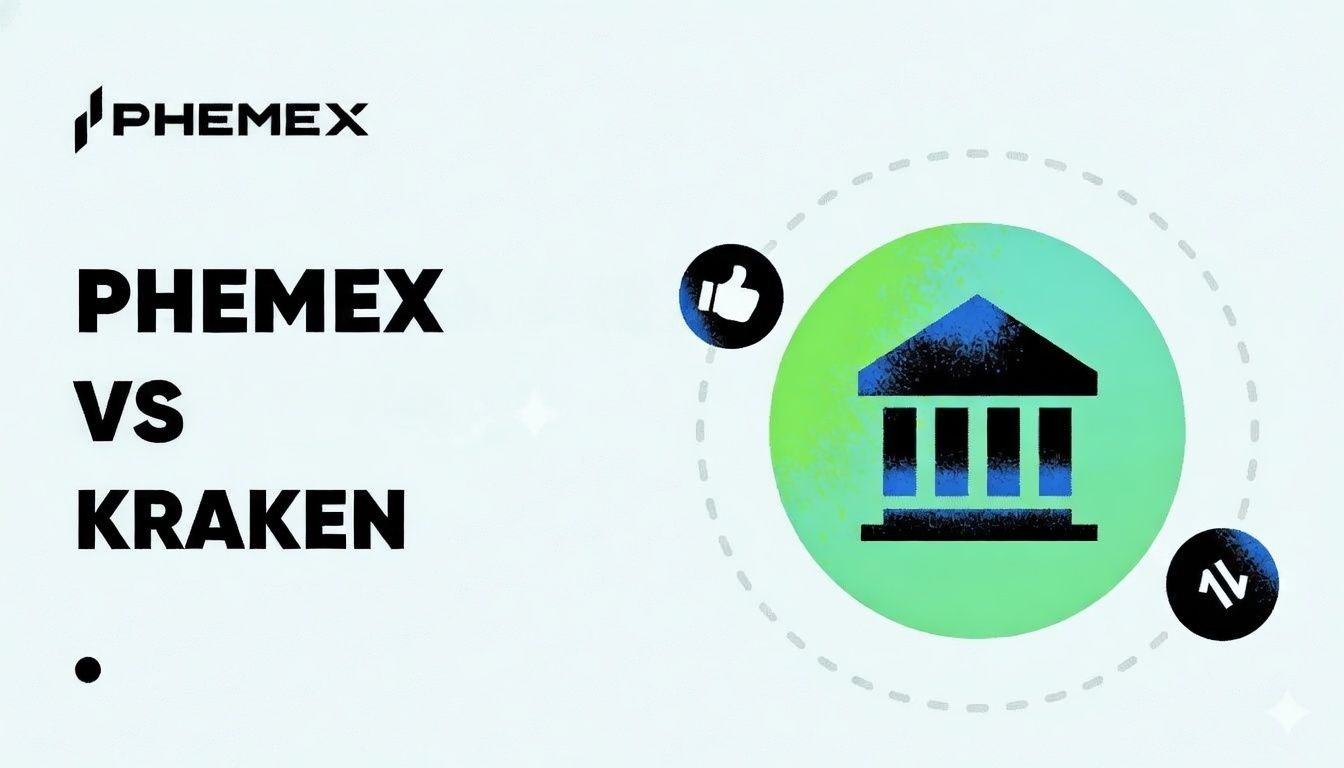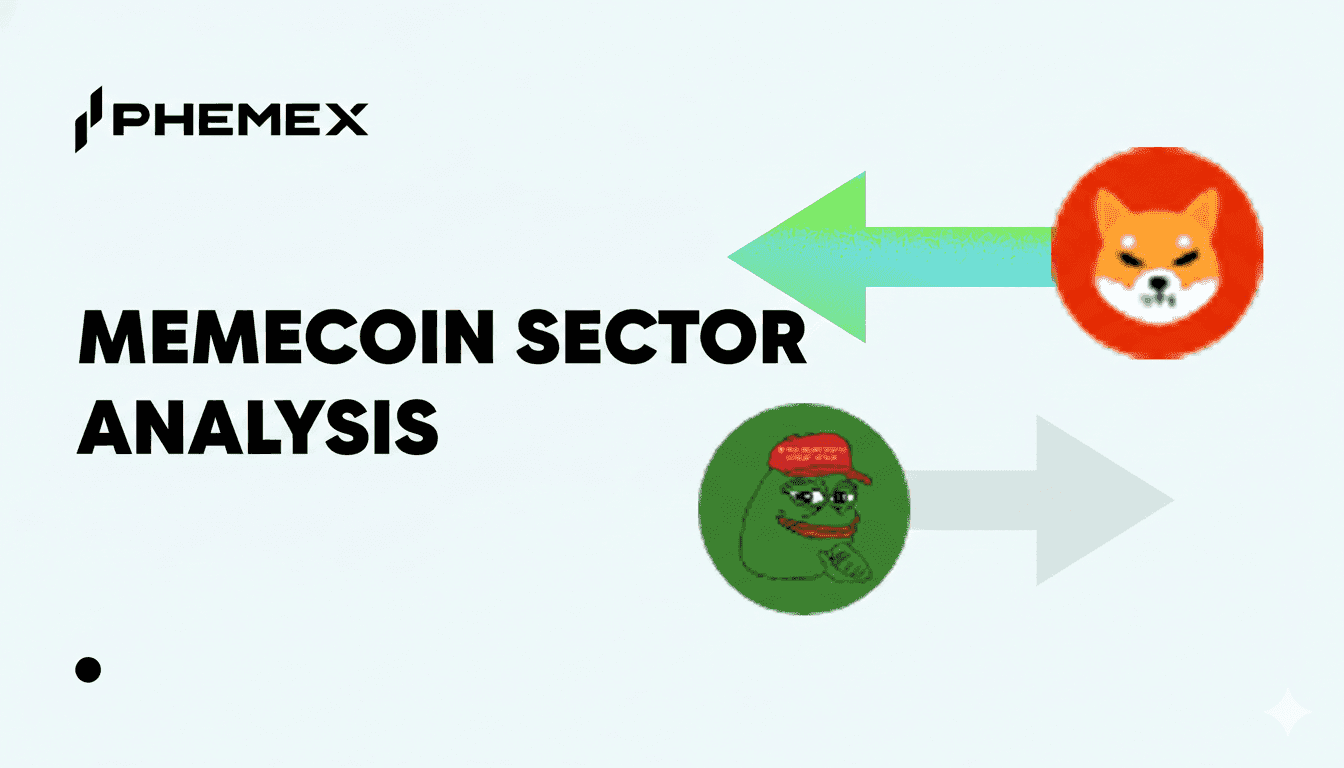![]()
By creating an alternative financial system with extraordinary innovation and flexibility in less than ten years, Blockchain, along with the concept of Web 3, have astounded the globe. Public key cryptography, smart contracts, proof-of-work, and proof-of-stake are examples of cryptographic and economic primitives that have contributed to the development of an open and complex ecosystem for describing financial transactions.
The basis of decentralized society: How do Blockchain and DeFi (Decentralized Finance) work to achieve security and transparency?
As a decentralized technology, blockchain is not governed by a single entity. Instead, it uses consensus methods to confirm each transaction made over a network of nodes. In this case, adding a new block requires agreement from every member of the network, who must also ensure the block’s integrity. At the same time, it takes a lot of processing power to change data on one block. With decentralization and immutability as two of its main features, blockchain technology becomes more secure by removing the need for the trust placed in traditional centralized authorities (“trustless”). With a system that doesn’t rely on a centralized authority to guarantee the accuracy of transactions, users can engage freely without sacrificing privacy. It’s crucial to remember that trust is not entirely eliminated by trustless systems that are based on blockchain technology but instead distributed in a way that rewards particular behaviors.
In theory, DeFi is incredibly transparent. Everyone can take a review of the data by looking at the rules (smart contract code), actions (transactions), and additional meta-information. Compared to the old financial system, where much of the data is dispersed over numerous proprietary databases and frequently not available or able to be meaningfully examined, this kind of information sharing is a significant advantage.
The collapse of traditional banks: What does it mean for DeFi?
Our readers may know what happened last week with the 16th biggest bank in the US. The California-headquartered organization wasn’t able to hold its bonds until receiving the capital back; it announced that it will sell some of the bonds at a huge loss to fill its funding hole. However, the stock sale announcement had the opposite effect: it triggered the panic of the investors and customers and they started withdrawing money from the bank. After only several days, the bank collapsed, which is also the second-largest bank fallout in American history.
The use of intermediaries is the main distinction between DeFi and a conventional bank. Banks’ manual procedures and intermediaries cause some money transfers to take days to complete. DeFi systems, meanwhile, fully eliminated intermediaries and replaced them with autonomous smart contracts. Therefore, DeFi protocols are open to their customers without restrictions. On the other hand, the majority of retail clients in the traditional finance industry have strict restrictions on the goods they may access and frequently need authorization.
Moreover, digital assets can be moved between DeFi protocols, significantly lowering the cost for customers to switch financial services, fostering competition, and enhancing social welfare. Traditional financial transactions, in contrast, are comparatively opaque, and the traditional institutions are compartmentalized behind closed systems that interact with one another inefficiently.
The principle of security and transparency: why are they so important?
Decentralization answers to a contemporary logic of sharing data that is no longer held by a single central entity. As CEX that always reflected carefully on our responsibilities, Phemex put an emphasis on transparency and security. Phemex always has 100% of user cash in reserve, ensuring that all user assets on our network are fully supported. The Phemex Proof of Reserve tool shows a Merkle-tree representation of each user’s deposited assets to demonstrate that they are truly recorded and supported. With several firewalls and authentication mechanisms, Phemex protects our users’ accounts and money 24×7.









